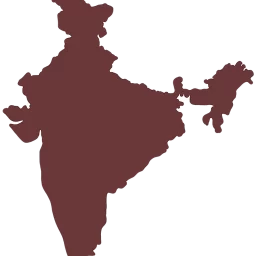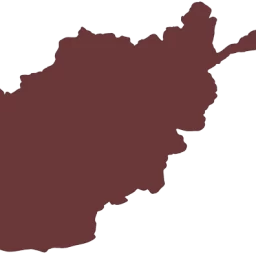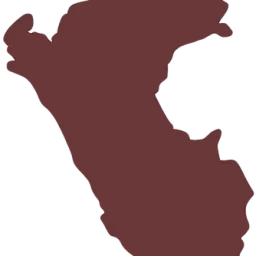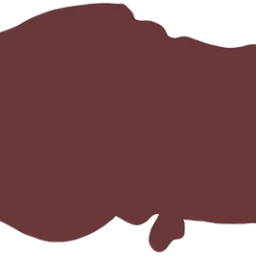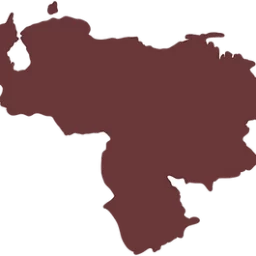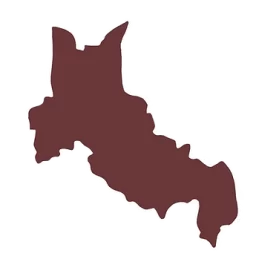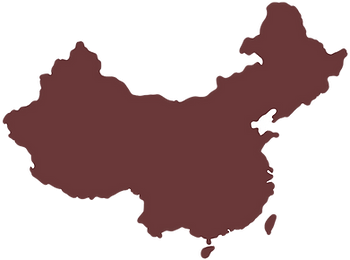
Some moments in this life don’t last long, but overstay their welcome. They feel less like a chapter or lesson and more like a motif: a force enveloping your existence. They bind and constrain you. However, with time you learn how to navigate their boundaries and, if lucky, even exist outside them. You learn to be more than just that single juncture.
I was very young when my mother migrated to Canada. She was a single parent traveling from China with a son wrapped in a warm blanket and nothing more than a strong spirit. We arrived on the Eastern coast and eventually made our way to Western Canada. Our arrival began with extended family and eventually became more quiet (and insulated at times) as we progressed. The journey, like all immigrant journeys, was difficult. I have memories of my mom arriving from a long work day, tired from the job, exhausted from exercising a language that didn’t feel natural on her tongue, and depleted from the absence of connection. She had left behind home a long time ago. She always said she did it for me. We had no future in China. Her lonely journey was my inheritance: a piece of her I would always carry.


Narrating your migration story is odd because people want it to be a single tale. Sadly, it’s not. Migration is less like a chapter and more like a motif. It affects travelers even when the journey is assumed to have ended. That is both its strength and its greatest weakness.
Please note that certain facts have been altered for anonymity
This story is a collaborative effort between Vipasna Nangal and Jason Tong


